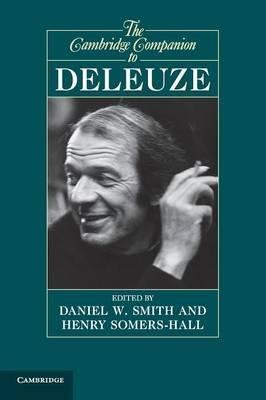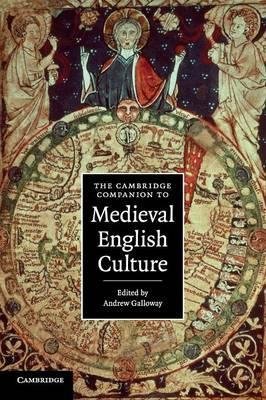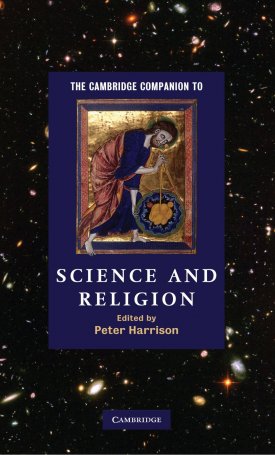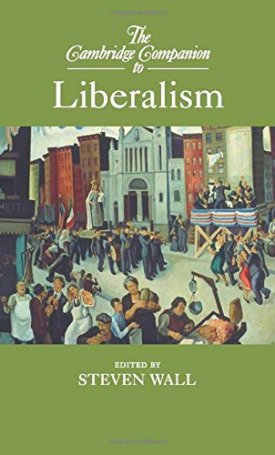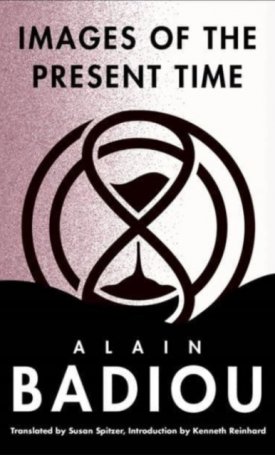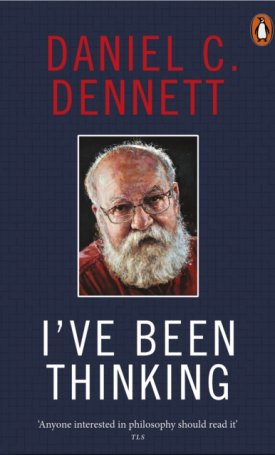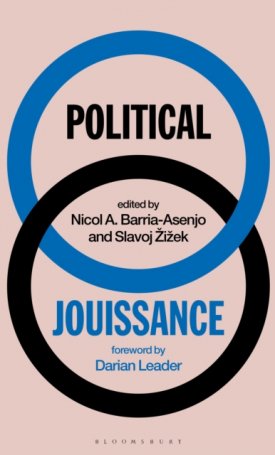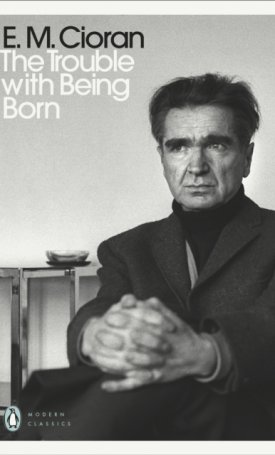The Cambridge Companion to Husserl
ISBN: 9780521436168
Edition: Reprinted 1999
Size: 152*228
Weight: 770 g
Page no.: 528
Publish year: 1995
The Cambridge Companion to Husserl
ISBN: 9780521436168
Edition: Reprinted 1999
Size: 152*228
Weight: 770 g
Page no.: 528
Publish year: 1995
The essays in this volume explore the full range of Husserl`s work and reveal just how systematic his philosophy is. There are treatments of his most important contributions to phenomenology, intentionality and the philosophy of mind, epistemology, the philosophy of language, ontology, and mathematics. An underlying theme of the volume is a resistance to the idea, current in much intellectual history, of a radical break between `modern` and `postmodern` philosophy, with Husserl as the last of the great Cartesians. Husserl is seen in this volume as a philosopher constantly revising his system in order to be able to integrate philosophy with ideas emanating from science and culture. The so-called rift between analytic and `continental` philosophy emerges as an artificial construct.
- Comprehensive
- Systematic
- Accessible
- Husserl is a major figure in twentieth-century philosophy, particularly influential upon Heidegger
CONTENTS:
Introduction Barry Smith and David Woodruff Smith; 1. The development of Husserl`s thought J. N. Mohanty; 2. The phenomenological dimension Jaakko Hintikka; 3. Meaning and language Peter Simons; 4. Knowledge Dallas Willard; 5. Perception Kevin Mulligan; 6. Transcendental idealism Herman Philipse; 7. Mind and body David Woodruff Smith; 8. Common sense Barry Smith; 9. Mathematics Richard Tieszen; 10. Part-whole Kit Fine.
Series: Cambridge Companion
Editor: Smith, Barry
Category: Filozófia / 20.-21. század







